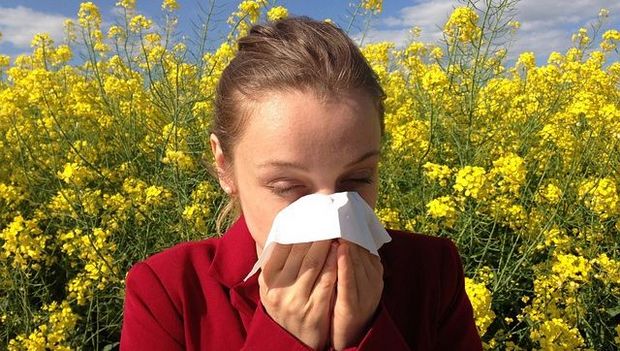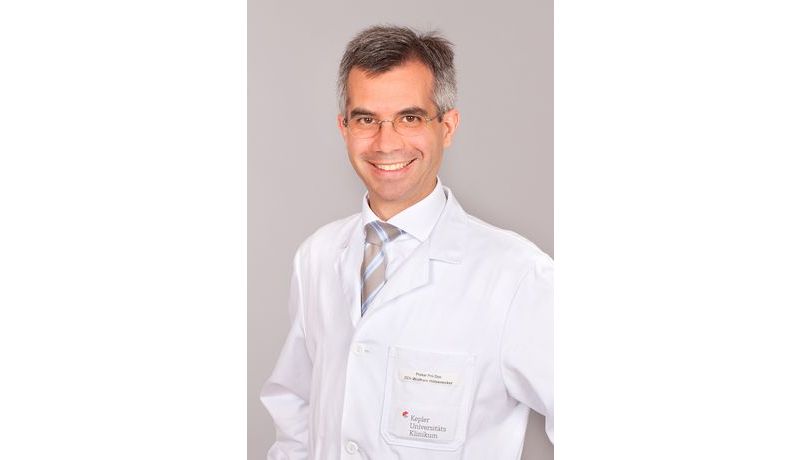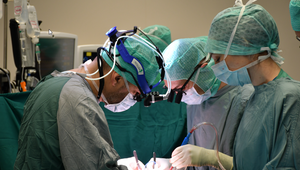University Medicine: The Kepler University Hospital treats 150 to 200 challenging cases per year.

Following back pain, allergies have become the second most widespread condition. 25% to 30% of the population suffer from allergies, the majority experiencing upper respiratory tract issues (hay fever, house dust, asthma), 10% suffer from food allergies, 2% from bee and wasp stings, and 2% from drug allergies.
Professor Wolfram Hötzenecker, head of the Department of Dermatology and Venereology at KUK, remarked that on account of a number of administered medications, the latter tends becomes increasingly common with age.
A One-Stop Provider in Care
If one parent suffers from allergies, there is a 30% risk of developing an allergy, and a 50% to 80% risk if both parents suffer or suffered from allergies. Young children who, in particular, develop atopic dermatitis at the age of one could subsequently develop food allergies, which they usually outgrow. Hay fever can occur at age five or six, and by age eight or nine years, asthma could be an issue. The Allergy Center at the Kepler University Hospital (KUK) in Linz is the only hospital in Upper Austria that provides patients with ‘one-stop care’, particularly for patients experiencing difficulty having their allergies diagnosed by a family doctor or by a private-practice specialist. The departments of Dermatology, Pulmonary Medicine, Pediatrics, and Otorhinolaryngology work together to address complex cases. Physicans at KUK treat approximately 150 to 200 of these cases per year, and around 5,000 patients are seen for diagnostic clarification. Dr. Hötzenecker explained: "A skin test can be used to determine what the patient is allergic to and the results are available in as little as a half an hour. In some cases, however, trying to find the cause for certain allergies can be like looking for a needle in a haystack. A special blood test, the allergen clip, can screen 300 known allergens. The trick is to then interpret the results."
The teaching hospital treats more severe cases by administering antibodies, while other cases can be treated at private practices. Researchers now have sound empirical data that indicates whether or not multiyear treatment (by administering small doses of the allergen) works on certain patients. When it comes to allergies resulting from bee or wasp stings, the success rate is high at 90%, and 60%-70% for pollen. KUK allergists also focus on clarifying drug allergies. Hötzenecker added. "About 50 patients per year experience unexpected allergic reactions to anesthesia, resulting in being unable to perform a scheduled surgery. We evaluate the situation and consider what kind of alternative medications can be used. The operation can then most likely be scheduled about two months later." He added that the same can apply to dental problems involving anesthetic injections.
 Go to JKU Homepage
Go to JKU Homepage











